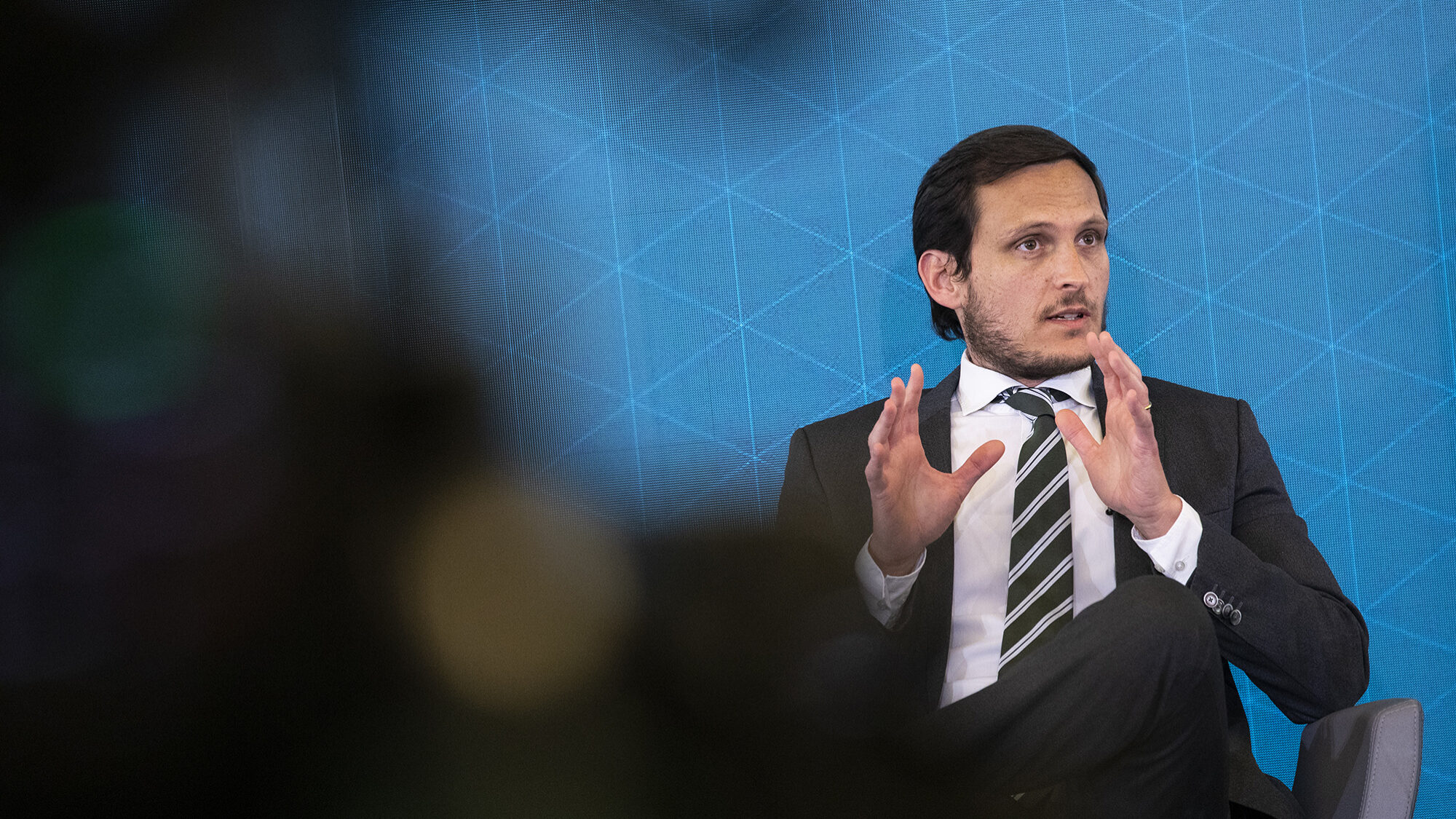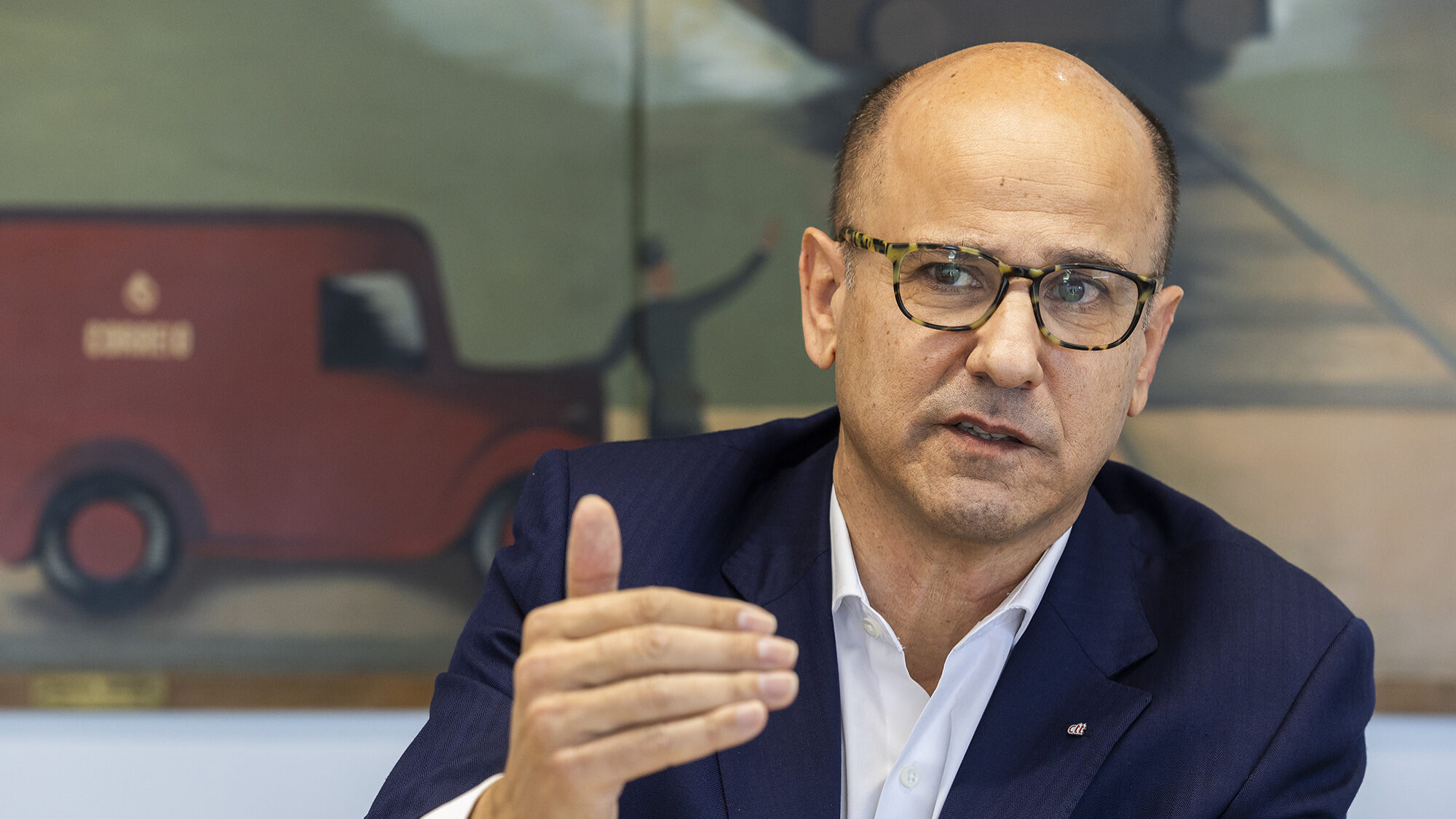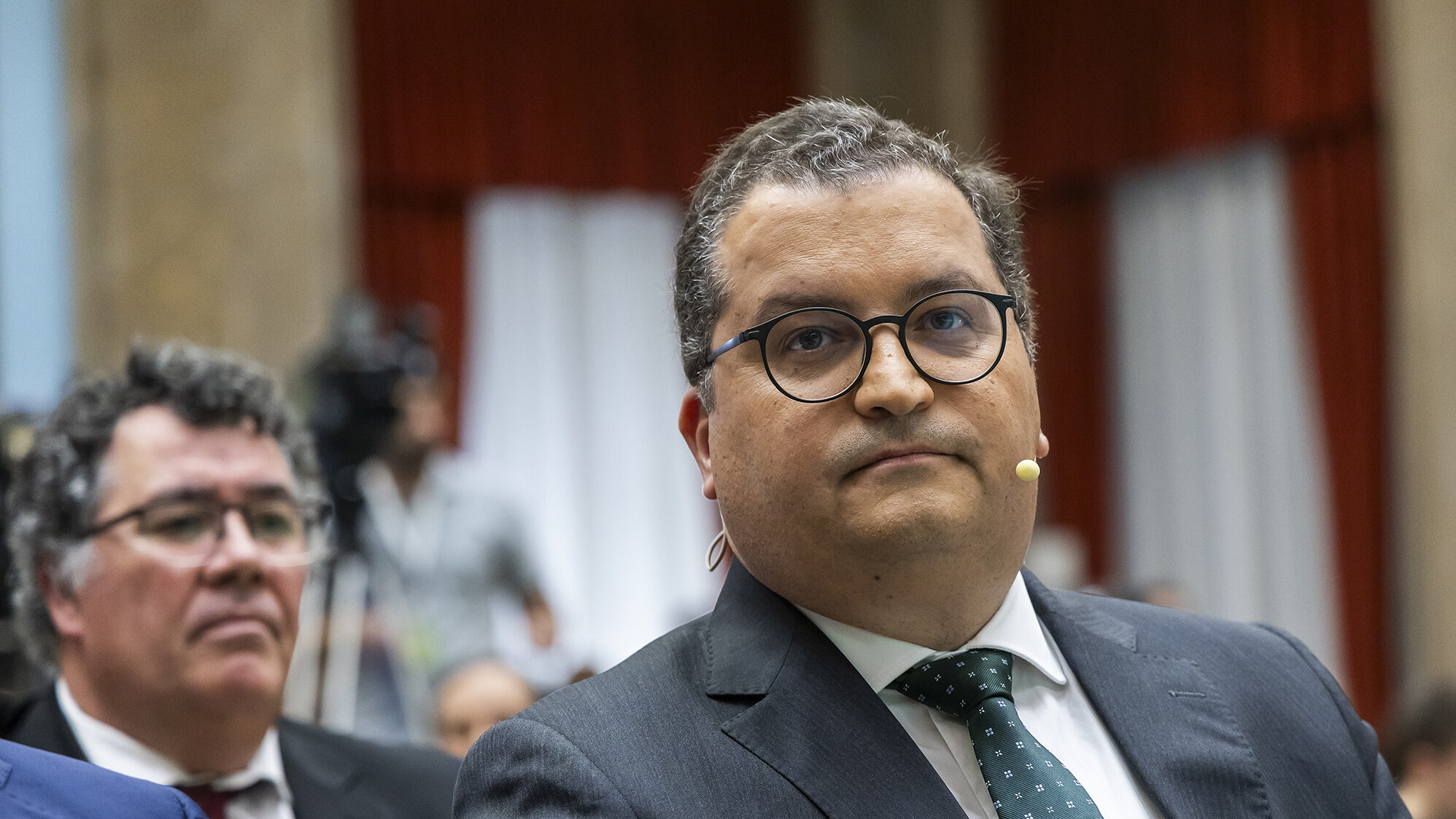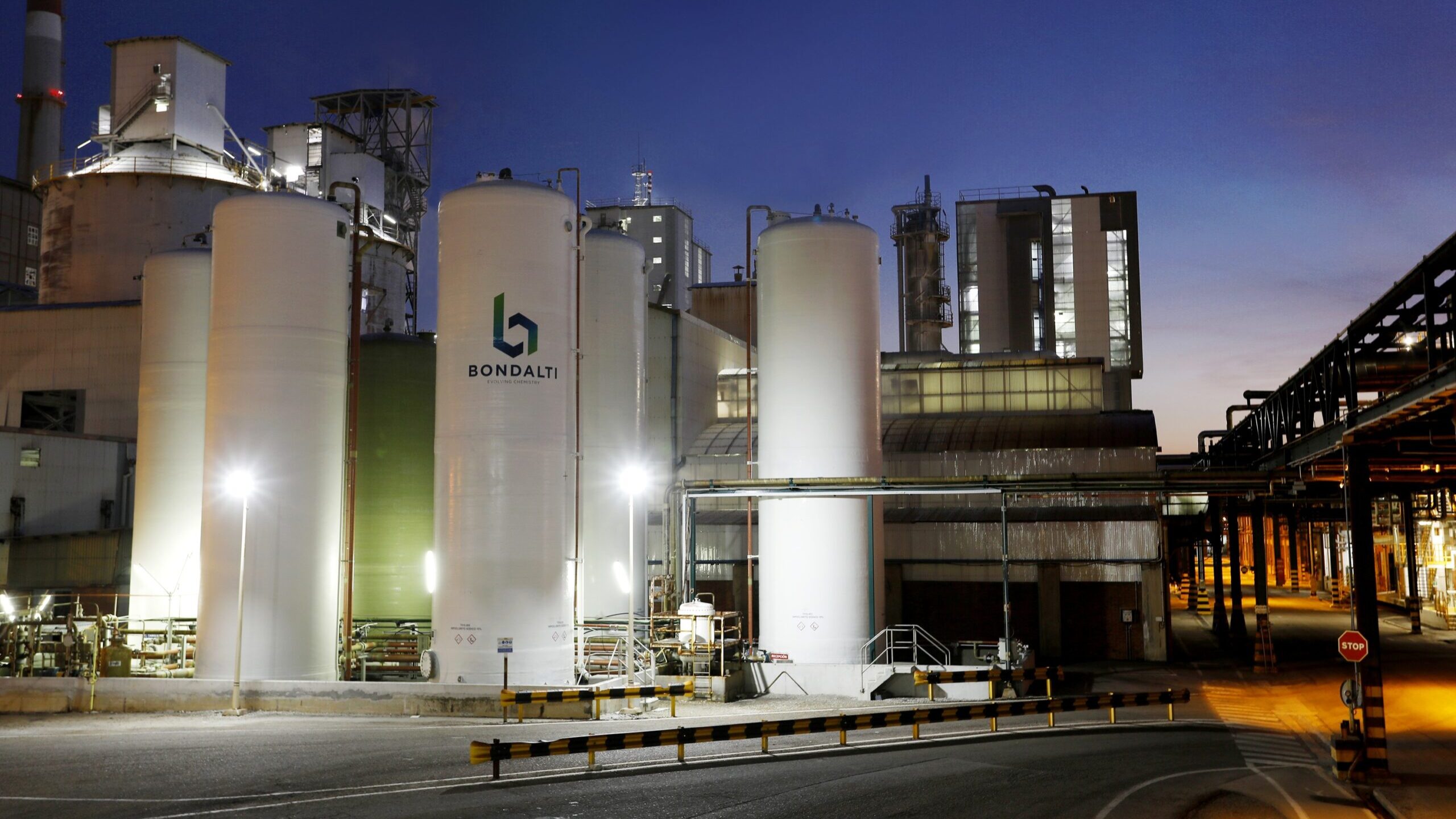Sale of Novobanco to French group BPCE passes its first test in Brussels
The EU Commission saw no problems with the foreign subsidies that the French group has received in recent years. However, the regulator will still have to analyse the competitive effects.
A day after signing the agreement with the Portuguese government in Lisbon, France’s BPCE received more good news regarding the Novobanco purchase process, this time from Brussels, where “the largest cross-border acquisition in the Eurozone in more than ten years” has already taken its first steps.
On the 30th of October, the European Commission decided not to open an in-depth investigation into the €6.4 billion deal in light of a regulation that allows authorities to investigate whether any subsidies granted by countries outside the European Union (EU) to a company or bank could distort the single market.
BPCE made this notification on 25 of September under the so-called Foreign Subsidies Regulation, but did not explain to ECO the reasons why it did so. An official source at the bank replied only that “all regulatory processes are proceeding as planned”.
At the time it notified Brussels, the French group led by Nicolas Namias had already signed the contract with Lone Star for the acquisition of the 75% stake held by the US fund in the Portuguese bank, with only the agreement with the Portuguese Government regarding the remaining 25% still pending.
European Commission fears outside aid
The Foreign Subsidies Regulation is one of the instruments under which mergers and acquisitions in the EU must be reviewed (and approved) by the European Commission.
A foreign subsidy is defined as a financial contribution granted by a country outside the EU that confers a benefit on a company or sector, whether through the transfer of funds, tax incentives or revenue waivers, and which may give some competitors an advantage over others.
Foreign subsidies below €4 million over the last three years are not likely to distort the market, according to EU regulations.
However, there is a “greater likelihood” of this happening “if they are granted to a company in difficulty without a restructuring plan”, if they “take the form of an unlimited guarantee for debts or liabilities” or if they “directly facilitate a concentration”, it lists.
The EU executive requires companies to notify it whenever the acquisition of a company with a turnover of at least €500 million is involved (this is the case with Novobanco, which closed 2024 with a banking product of €1.5 billion) and if the “external financial contribution exceeds €50 million in the previous three years”.
Brussels still has to assess competitive effects
Although it has concluded that there are no objections regarding foreign subsidies, the European competition authority still has to assess whether BPCE’s acquisition of Novobanco raises competition issues in the single market. However, DG-Comp will only do so once it has been duly notified under the EU Merger Regulation (the other instrument for analysing transactions at EU level) — which has yet to happen.
“This transaction has not been formally notified to the European Commission. If a transaction constitutes a concentration and is of EU dimension, it is always up to the companies to notify it to the Commission”, an official source in Brussels explained to ECO.
Announced in June, the Novobanco deal is expected to be completed in the first quarter of next year. In addition to DG-Comp, the European Central Bank (ECB) will also have to authorise the transaction, but no major obstacles are expected.
The bank led by Mark Bourke has market shares of just over 9% in both lending and deposits and employs more than 4,100 people. It closed the first nine months of the year with a profit of €610 million, in line with the same period in 2024.




